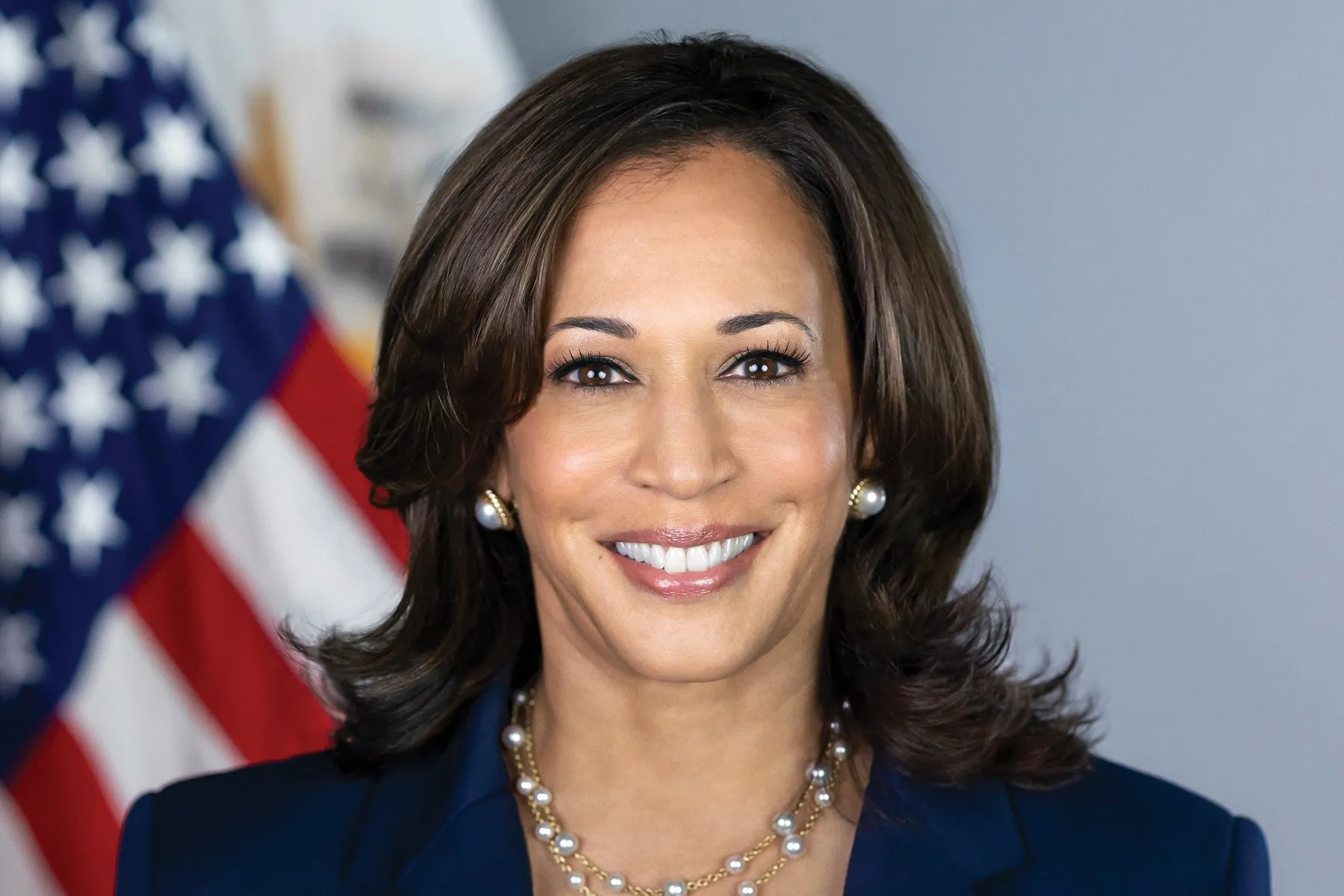Kamala Harris Under Fire: Are Her Campaign Ads Misleading Voters?
In a controversial move that has sparked widespread debate about campaign ethics and media integrity, Vice President Kamala Harris’s presidential campaign is facing intense scrutiny over its digital advertising strategy. The campaign’s use of sponsored Google ads featuring manipulated headlines has raised serious questions about transparency and voter manipulation.
Marketing experts and media professionals are sounding the alarm about a sophisticated yet potentially misleading advertising approach that could fundamentally undermine public trust in political communication. The strategy involves creating sponsored posts that link to legitimate news articles but feature carefully crafted headlines designed to present Harris’s political messaging in the most favorable light.
The Advertising Controversy Unveiled
Specific examples of these controversial ads include headlines like “Harris Will Lower Health Costs” linked to reputable sources such as NPR and the Associated Press. These ads represent a nuanced yet potentially problematic marketing tactic that blurs the lines between factual reporting and campaign messaging.
Andy Rohm, a prominent marketing professor, expressed grave concerns about the potential long-term consequences. “These practices could significantly damage the campaign’s brand and contradict its stated values of transparency,” Rohm stated in a recent interview.
The Broader Context of Media Distrust
The controversy emerges against a backdrop of growing media skepticism among American voters. A 2023 Gallup poll revealed that only 32% of Americans trust mass media to report news accurately – a statistic that underscores the delicate information ecosystem in which these campaign ads are operating.
Colin Campbell, an associate professor of marketing, highlighted the potential psychological impact: “Many consumers might form opinions based solely on these altered headlines without reading the complete articles, further eroding trust in media institutions.”
Reactions from News Organizations
Major news organizations like USA TODAY and the Associated Press have reportedly expressed significant concerns about their content being utilized in this manner. The unauthorized modification of headlines raises critical questions about journalistic integrity and the boundaries of political advertising.
Comparative Perspective
Interestingly, Facebook implemented a ban on ads with altered headlines in 2017, citing similar concerns about misinformation. This precedent raises pointed questions about Google’s current advertising policies and the ethical standards governing digital political communication.
Campaign Strategy Implications
Harris’s campaign has been characterized by a cautious approach to public engagement, which some political strategists argue has limited her ability to connect authentically with voters. The controversial ad strategy might be seen as an attempt to compensate for these perceived limitations.
Public and Expert Reaction
The response has been swift and multifaceted. Political analysts, media experts, and everyday voters have expressed a mix of concern, frustration, and disappointment. The ads represent a broader challenge in maintaining electoral integrity in an increasingly digital political landscape.
Potential Long-Term Consequences
Beyond the immediate controversy, these advertising practices could have significant implications for Harris’s political future. The potential erosion of voter trust could prove more damaging than any short-term messaging gains.
Conclusion
As the 2024 election landscape continues to evolve, the Harris campaign’s advertising strategy serves as a critical case study in the complex intersection of digital marketing, political communication, and ethical boundaries.
Key Takeaways:
1. Campaign ads potentially misrepresent news content
2. Experts warn of long-term trust erosion
3. News organizations express concerns about content usage
The debate surrounding these campaign ads underscores the critical need for transparency, ethical marketing, and responsible political communication.
Disclaimer: This article is based on reported information and expert analysis. Readers are encouraged to seek multiple sources and form their own informed opinions.






Leave a Comment